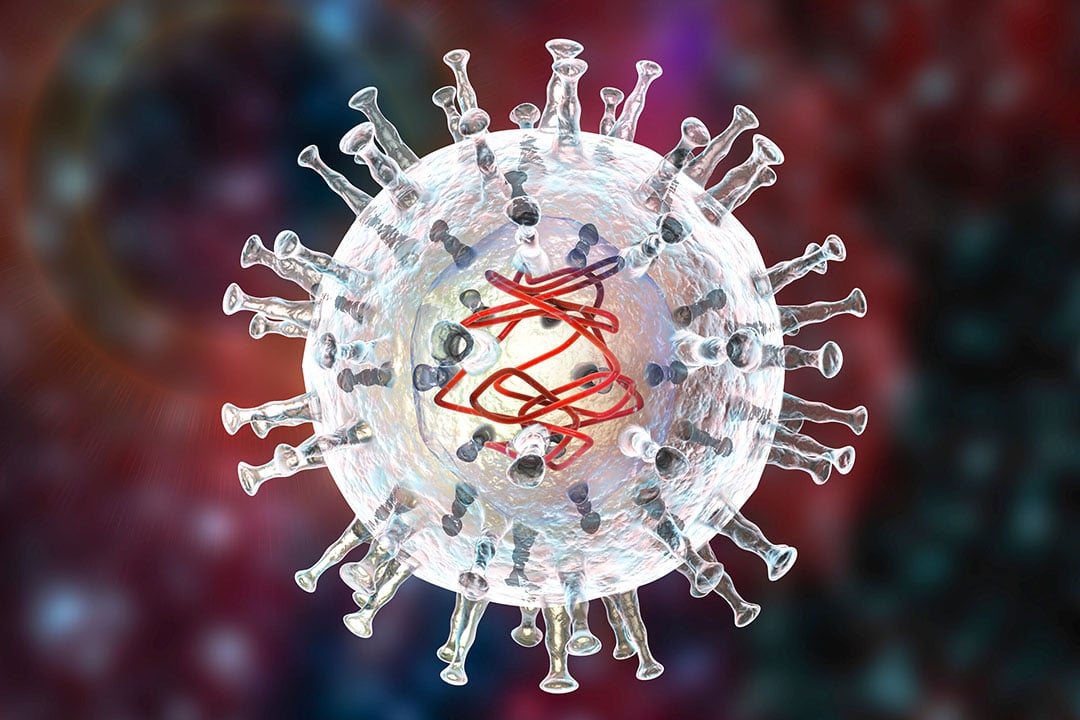June 15, 2025 | 08:06 GMT +7
June 15, 2025 | 08:06 GMT +7
Hotline: 0913.378.918
June 15, 2025 | 08:06 GMT +7
Hotline: 0913.378.918

Photo: Canva
ASF hit Leninsky-2 first. Andrey Bronts, the governor of Primorsk Krai, admitted that to contain the spread of the virus, the entire pig population at the farm had to be destroyed. He estimated that as a result, Primorsk Krai would lose around 12% of its pig herd. The regional statistical office put the total pig population in Primorsk Krai at 461,000 animals.
After that, the regional government admitted an outbreak at the Leninsky-1. Stanislav Krushinsky, head of the regional state veterinary inspection, said that the farms stand only 500 meters away from each other, so such a set of events was to be expected. No additional information on what measures are due to the taken were provided.
“One of the main prerequisites for this situation is the natural spread of ASF in the wild boar population and the lack of biosecurity in private farms. An investigation is underway into the reasons for the penetration of the ASF into the pig farm in cooperation with the veterinary services of the region,” RusAgro said in a follow-up statement, describing the production and financial losses from the outbreaks as insignificant, as the pig farms were insured.
Bronts assured local citizens that, as a result of the outbreak, the regional pork market would not be left in short supply. He also claimed that all necessary steps to prevent the further spread of the virus were taken at the affected farm.
In addition, RusAgro denied reports distributed by some Russian publications that ASF has also been found in feed products. Aleksey Kolobov, a spokesperson for RusAgro, said that no genetic material of the virus was found in samples of pig feed manufactured at the company’s feed mill. He also stated that “pathogen inactivation is ensured by processing the crushed feed mixture with steam at a temperature of 170°C and granulation at 85°C”.
On the other hand, RusAgro admitted that the genetic material of the ASF virus in trace amounts was found in a single sample of meat and bone meal outside the outbreak – the Leninsky 2 pig farm in the village of Mikhailovka. The company said that this sample was not viable and, therefore, could not serve as a source of infection. In addition, the examined batch of raw materials did not come into contact with other components or equipment during feed production.
(PP)

(VAN) Extensive licensing requirements raise concerns about intellectual property theft.

(VAN) As of Friday, a salmonella outbreak linked to a California egg producer had sickened at least 79 people. Of the infected people, 21 hospitalizations were reported, U.S. health officials said.

(VAN) With the war ongoing, many Ukrainian farmers and rural farming families face limited access to their land due to mines and lack the financial resources to purchase needed agricultural inputs.

(VAN) Vikas Rambal has quietly built a $5 billion business empire in manufacturing, property and solar, and catapulted onto the Rich List.

(VAN) Available cropland now at less than five percent, according to latest geospatial assessment from FAO and UNOSAT.

(VAN) Alt Carbon has raised $12 million in a seed round as it plans to scale its carbon dioxide removal work in the South Asian nation.

(VAN) Attempts to bring down the price of the Japanese staple have had little effect amid a cost-of-living crisis.